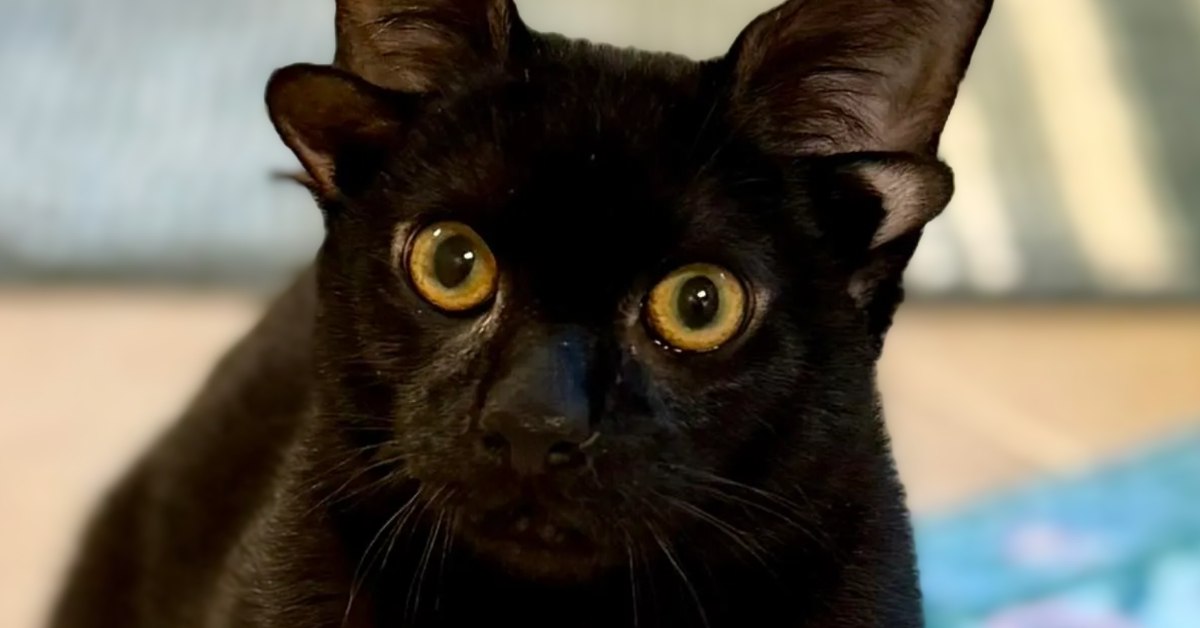Months after the internet swooned over Moo Deng the pygmy hippopotamus and Pesto the penguin, a new critter has catapulted into the spotlight: an orphaned pangolin pup named Kulu.
Kulu is the subject of Pippa Erhlich’s new Netflix nature documentary, “Pangolin: Kulu’s Journey.”
In the film, which critics have hailed as “captivating,” “sweet,” and “uplifting,” Kulu is rescued by wildlife photographer Gareth Thomas. Together, they form a “parent-child” relationship as Thomas tries to set Kulu up for success in the wilds of South Africa.
The documentary has shed light on the plight of endangered pangolins, the most trafficked mammal in the world.
Last week, England’s Chester Zoo leveraged that newfound awareness by participating in Big Green Give, a campaign that protects giant pangolins in Uganda.
A day after the Netflix documentary premiered, the Chester Zoo held a weeklong fundraiser from April 22 through April 29 and matched all incoming donations. The money was funnelled directly to the Uganda Wildlife Authority to support giant pangolin conservation.
Naomi Matthews, the zoo’s Africa biomonitoring manager, said that pangolins are having “a moment” thanks to “Pangolin: Kulu’s Journey” — and it’s a moment that’s long overdue.
“I was 21 when I first discovered what a pangolin was, while watching a David Attenborough documentary,” Matthews told The Leader, a British news outlet, in reference to “Pangolins: The World's Most Wanted Animal.”

“Once I learned about the threats they face, I was passionate about making sure the zoo got involved in their conservation,” said Matthews, who spearheaded the Big Green Give campaign.
“I’ve always loved the weird and wonderful mammals — the ones that don’t really fit into other categories. Our whole team is passionate about pangolins, and it’s that passion that keeps us going.”
“Studying them is incredibly difficult and often challenging, but that’s also what makes it so rewarding.”
By the time the campaign closed on April 29, the campaign had exceeded its target goal of £16,000 with a total of £17,190 raised. That’s about $23,000.
With the collected funds, the Chester Zoo’s East African Conservation Action Plan will be able to gather data on giant pangolin “population size, movements, lifestyles and behaviours.”
“We'll also recruit three new team members on the ground who'll engage local communities and build partnerships with regional academic institutions,” the campaign stated on the Big Green Give website. “All this will help protect giant pangolins and ensure their survival.”
Although the Chester Zoo’s latest fundraiser has wrapped, Matthews hopes that the increased media attention surrounding pangolins has a lasting impact on future conservation efforts.
“We see waves of interest in particular animals,” Matthews explained. “I think a lot of it is driven by social media and pop culture. First everyone was obsessed with meerkats, then capybaras, and now pygmy hippos are having a moment.”
“I think it’s time for pangolins.”

Header images and logo asset via Netflix



